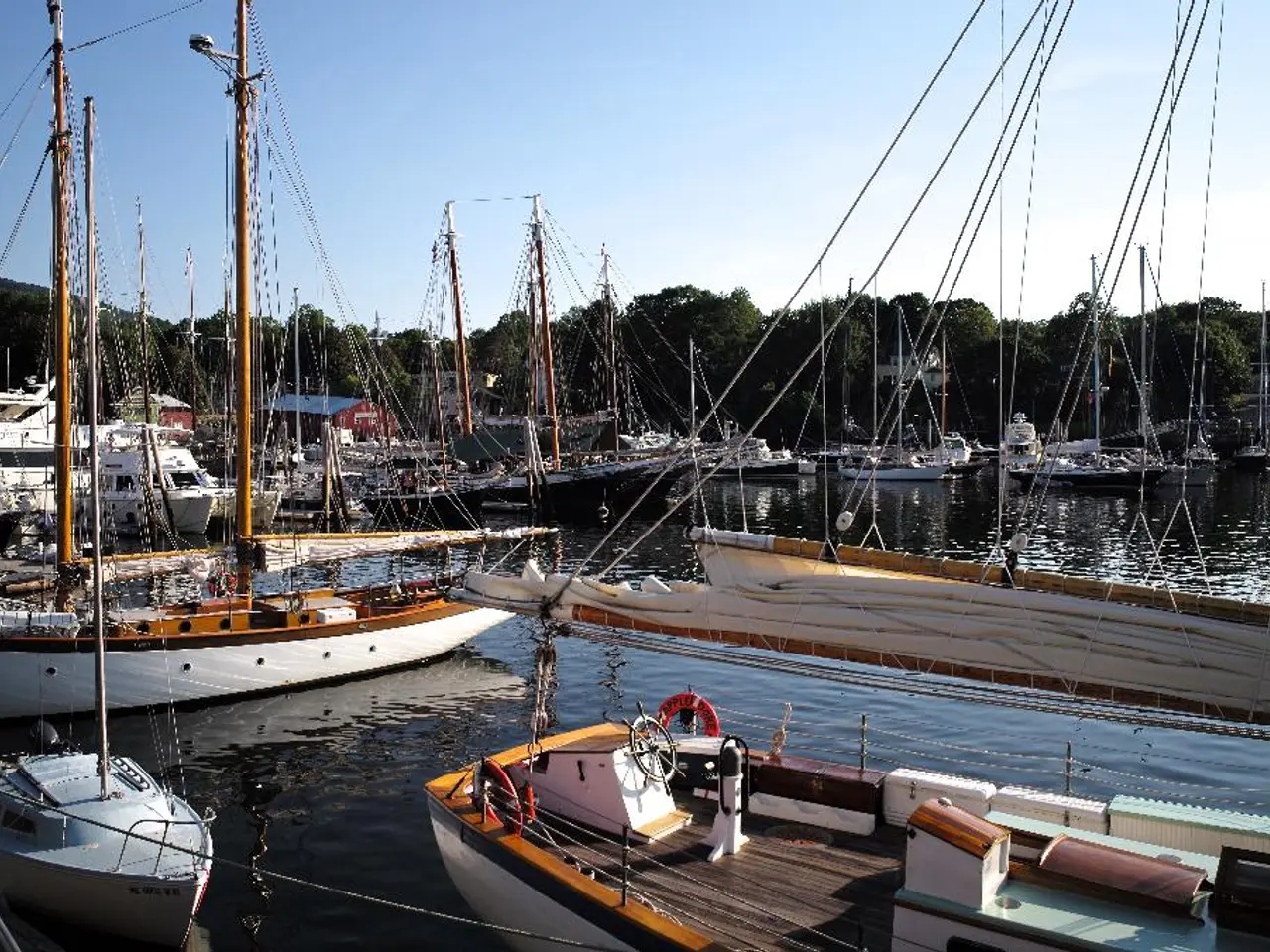Struggling Existence: The Daily Hardships Faced by Migrants in Tunis
Struggling Migrants in Tunisia: Precarious Living Conditions and Dreams of Europe
African migrants in Tunisia are facing extreme precariousness, with limited employment opportunities and a strong desire to migrate onwards to Europe. This is according to a recent university study in Tunisia, which found that 70% of sub-Saharan migrants want to continue their journey to Europe, rejecting the idea of returning home.
Many migrants live in precarious situations, often homeless or sheltering near NGOs, with a significant presence of vulnerable groups, including women (27%) and children (some unregistered). Migrants typically enter Tunisia through Algeria (60%) or Libya (24%), with mass expulsions from Algeria increasing pressure on Tunisian borders.
The socio-political environment is challenging. Since early 2023, Tunisian authorities have cracked down on migrants under President Kais Saied's regime, who publicly accused sub-Saharan migrants of threatening Tunisia's demographic composition, fueling waves of racism and violence. This has resulted in raids, dismantling of migrant camps, and prosecutions of defenders of migrants.
In terms of employment and economic survival, migrants struggle with unemployment and discrimination. Many work in informal, low-paying jobs or try makeshift activities like plastic collection or car washing. There is competition for jobs and local hostility, with some centers outright refusing sub-Saharan migrants, prioritizing Tunisians. Tunisia itself faces economic difficulties with high poverty and unemployment rates (about 16%), exacerbating tensions.
The dream of migrating to Europe remains strong, but the Mediterranean route is now largely closed. A recent record increase in migrants reaching Italy from Tunisia in 2023 was sharply reduced by tougher Tunisian maritime interceptions in 2024. Many migrants are now stranded in Tunisia, facing a "lasting migratory bottleneck" and growing social fragility in the country.
Life has become harder for migrants since Tunisia signed an agreement with the European Union two years ago to curb migration flows. Business is slow at the car wash, the only one still open due to water scarcity, where Ahmed Barry and Ali Moriba, both from Guinea, work. They earn about 30 cents per kilogram of plastic.
Many migrants do not stay in Tunisia for long due to the hardships of living there. Some choose to live in the countryside or in poorer areas to avoid the security forces. Tens of thousands of migrants from countries south of the Sahara view Tunisia as a hub, with a desire to start a new, better life in Europe.
However, the situation is far from certain. Around 3,500 irregular migrants have returned to their home countries voluntarily this year, with free flights organized by the IOM twice a week, along with Tunisian authorities and donor countries. Yet, migrants continue to face harassment and intimidation, with clashes between migrants and locals, some of which have been fatal.
In a small apartment in western Tunisia, Ahmed Barry and Ali Moriba share a two-room apartment with five other West African migrants. Despite the hardships, they remain hopeful, dreaming of a better life in Europe. If the water gun at the car wash is not repaired, they will have to go home early and be paid for half a day, earning approximately 4.20 euros each. Meanwhile, Karim, a man from Cameroon, searches for plastic bottles in the trash in the suburb of Marsa to sell at the local dump.
The future remains uncertain for these migrants, stranded in Tunisia, dreaming of Europe but facing increasingly restricted migration routes and hostile environments.
[1] University Study on Migrants in Tunisia, July 2025 [2] Human Rights Watch Report, August 2025 [3] International Organization for Migration (IOM) Report, June 2025
- Despite the hardships in Tunisia and the closure of the Mediterranean route, many migrants continue to dream of migrating to Europe, as indicated by the university study in July 2025.
- The socio-political environment in Tunisia has become increasingly hostile towards migrants, with raids, dismantling of migrant camps, and prosecutions of defenders of migrants, which was reported by Human Rights Watch in August 2025.







